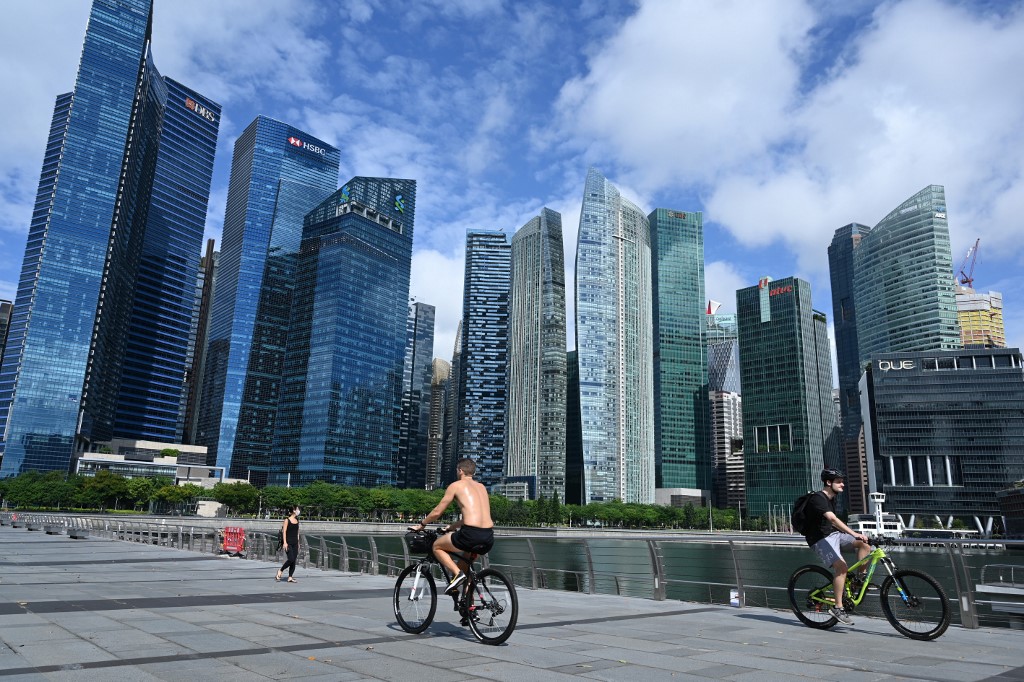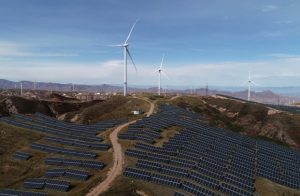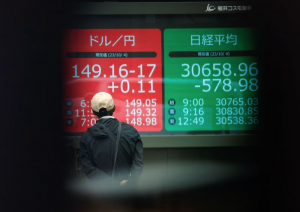Singapore’s finance minister Lawrence Wong has announced the city-state will hike its carbon emissions tax some 500% to S$25 (US$18.60) a ton in 2024 as the country works to hit its zero-emissions target by 2050. The tax will rise a further 80% in 2026 to S$45 with a 2030 target of S$80 per ton.
Singapore is a center for oil refining and petrochemical exports, exporting some US$43.1 billion ins refined petroleum to become the world’s fourth largest exporter, according to the Observatory of Economic Complexity. Refined petroleum was the second largest export.
While taxes will rise, local businesses will be allowed to buy international carbon credits to offset up to 5% of their taxable emissions. Carbon credits are generated when a company reduces its emissions by more than required, then the company can sell that reduction to another company that needs it, creating an incentive to do more than required.
“This will moderate the impact for companies,” Wong said. “It will also help to create local demand for high-quality carbon credits and catalyze the development of well-functioning and regulated carbon markets.”
Singapore was the first country in Southeast Asia to introduce a carbon pricing plan and introduced the carbon tax in 2019. The tax applies to all facilities that produce 25,000 tons or more of greenhouse gas emissions annually.
A stronger price signal from the government would encourage investments in greenhouse gas reduction, said a spokesperson from ExxonMobil, which has its largest refinery in Singapore.
“Carbon tax and supportive government policies can help to incentivize more industries and sectors to invest in research or technologies to reduce emissions,” she said.
“As Singapore has an export-oriented economy, it is also important that the designed carbon tax framework encourages greenhouse gas reductions, while safeguarding competitiveness of trade-exposed industries.”
A spokesperson from Shell said the carbon price should apply to as many sectors of the economy as possible and the company expects the price to increase over time as energy transition progresses.
“This is critical as near-term competitiveness impact is real,” she said.
“Unlike power, which is consumed domestically, Singapore exports most of its energy and chemical products, and has to compete with other exporter countries that either do not have a carbon price policy, or have sophisticated mechanisms to help their trade-exposed industries remain competitive, if they do.”
Reuters, with editing by Neal McGrath
ALSO READ:
Shell Launches Green Hydrogen Plant in Winter Games Host City
Petronas, Shell Unit Tie Up to Explore Carbon Capture, Storage
Nissan Motor To Shell Out $17.6bn To Rev Up Electrification
























